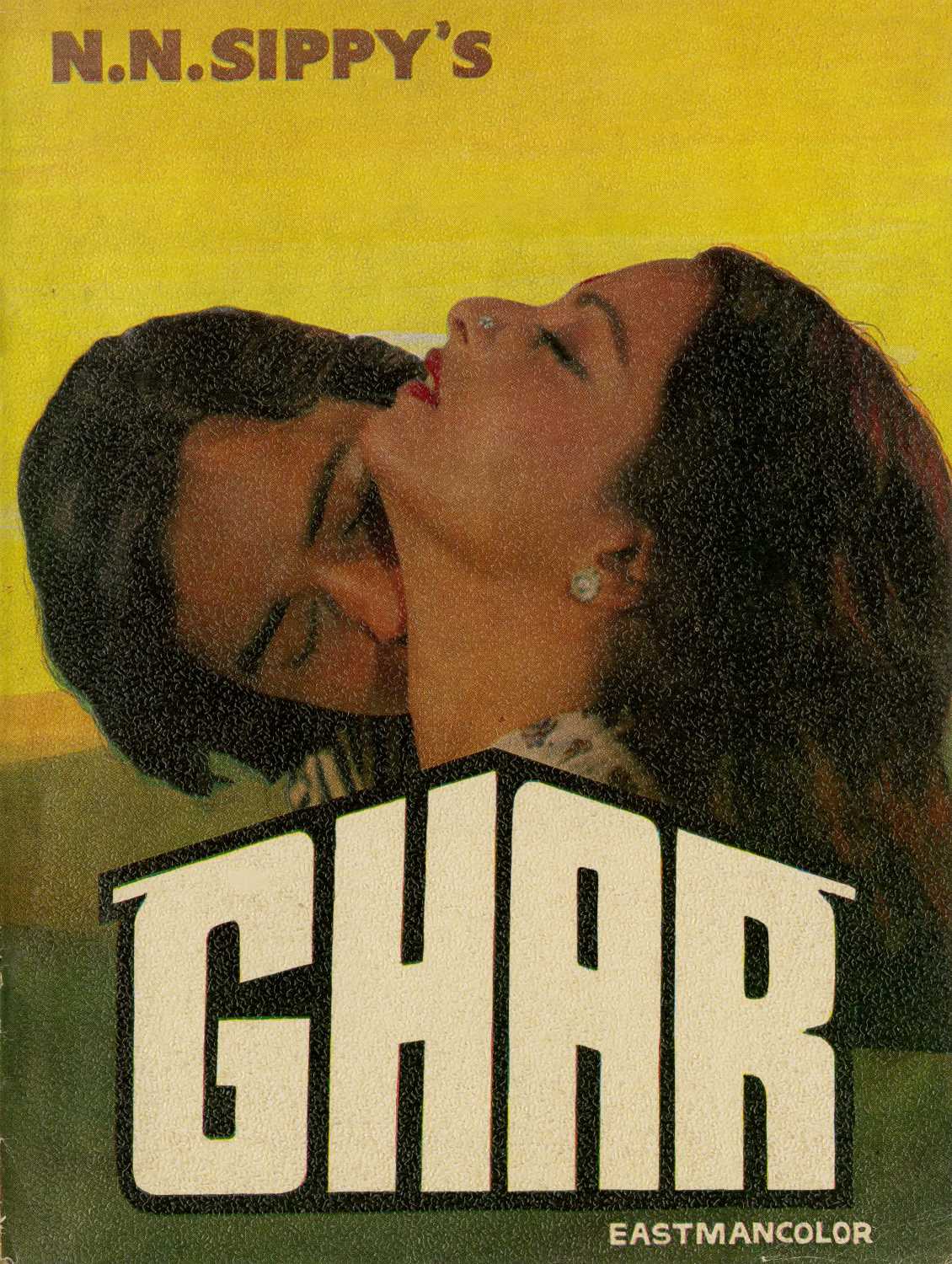On the 40th anniversary of the film's release (9 February), we revisit the highly emotional and yet non-melodramatic feature on the most feared and hated crime — rape.
Rekha and Vinod Mehra's Ghar: Less drama, more reality – 40th anniversary special
Mumbai - 09 Feb 2018 8:00 IST


Anita Paikat
Ghar, or home in Hindi, has different meanings for different people. For some it is a tangible space in a particular location, with four walls and, perhaps, a family. For others it is more of an emotional space, where stories are made and lived.
However, for the makers of Ghar (1978), the word had both these meanings, and more.
Celebrating the 40th anniversary of the film's release today (9 February), we revisit the highly emotional and yet non-melodramatic feature that brought a different perspective to that ghastly crime, rape.
The story of Ghar was written by Dinesh Thakur, a man known for his immense contribution to Hindi theatre.
The main plot of the film had newlyweds Arti (Rekha) and Vikas (Vinod Mehra). They live a happy and fulfilling life until one day all this is brought to a juddering halt when Arti is abducted and gang-raped while the couple is returning home from a late-night show.
Ghar, however, was less about the rape itself and more about its effects on the traumatized couple; less about melodramatic acts of grief and more about dealing with the event and moving on. Ghar was less of drama and more of reality.
Yasser Usman, author of the biography of Rekha titled Rekha: The Untold Story, said the best thing about Ghar was the sensitive manner in which the subject of rape was dealt with.
“Whenever we talk about a subject like rape, especially in [Hindi cinema], it is always either a revenge drama or a melodramatic courtroom drama," Usman said. "Ghar was different because the subject is so sensitively displayed. It’s the simplicity that touches you. They are actually talking about the post-rape trauma. The film is not about rape, but how the couple cope with the pressure when their privacy is ruined.”
Thakur dealt with the theme with utmost sensitivity. Here was a film hero who is angry that he could not save his wife, but this anger is subsumed by the sympathy he feels for her. He is not a man to vow revenge and run amok on the streets with a gun, but one who lets the law take its course while he gets busy helping his wife to put the experience behind her and try to live a normal life.
Manik Chatterjee was credited as the film's director. He had earlier worked as an assistant director on films like Sunil Dutt's Mujhe Jeene Do (1963) and Basu Bhattacharya's Anubhav (1971) and Aavishkar (1974).

However, Usman, in his book, revealed that Chatterjee met with an accident soon after the shooting of Ghar began and so producer NN Sippy asked Gulzar, who had written the film’s lyrics, to take over the reins.
Indeed, those who are aware of Gulzar’s directorial style will notice that Ghar has a deep Gulzar touch. The on-screen chemistry between the couple, before and after the rape, could only have been brought out under the poet’s baton.
This is not to say that Rekha and Mehra’s contribution was any less. In fact, Ghar boasts of one of their best performances. The beautiful intimacy they showed on screen must have been helped by the fact that the stars were dating while the shooting was on. Their emotions were raw and real.
It would be very difficult to make a film like Ghar even today, Usman said. “We won’t be able to achieve the feat that Gulzar did 40 years ago," he told Cinestaan.com. "Last year, 4-5 films based on rape were released. But they were all melodramatic revenge dramas. [In reality] it never works like that. What are you doing with such a sensitive subject?"
Ghar is one of those films that reminds us that Hindi cinema's past is not littered only with heightened drama and supernatural humans. We also have stories that are closer to the land of the living; with no stereotypes, no melodrama, only honesty.






